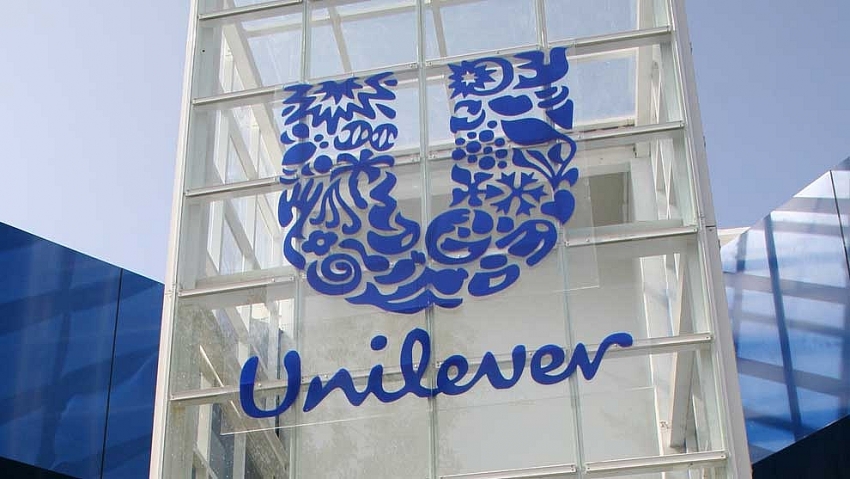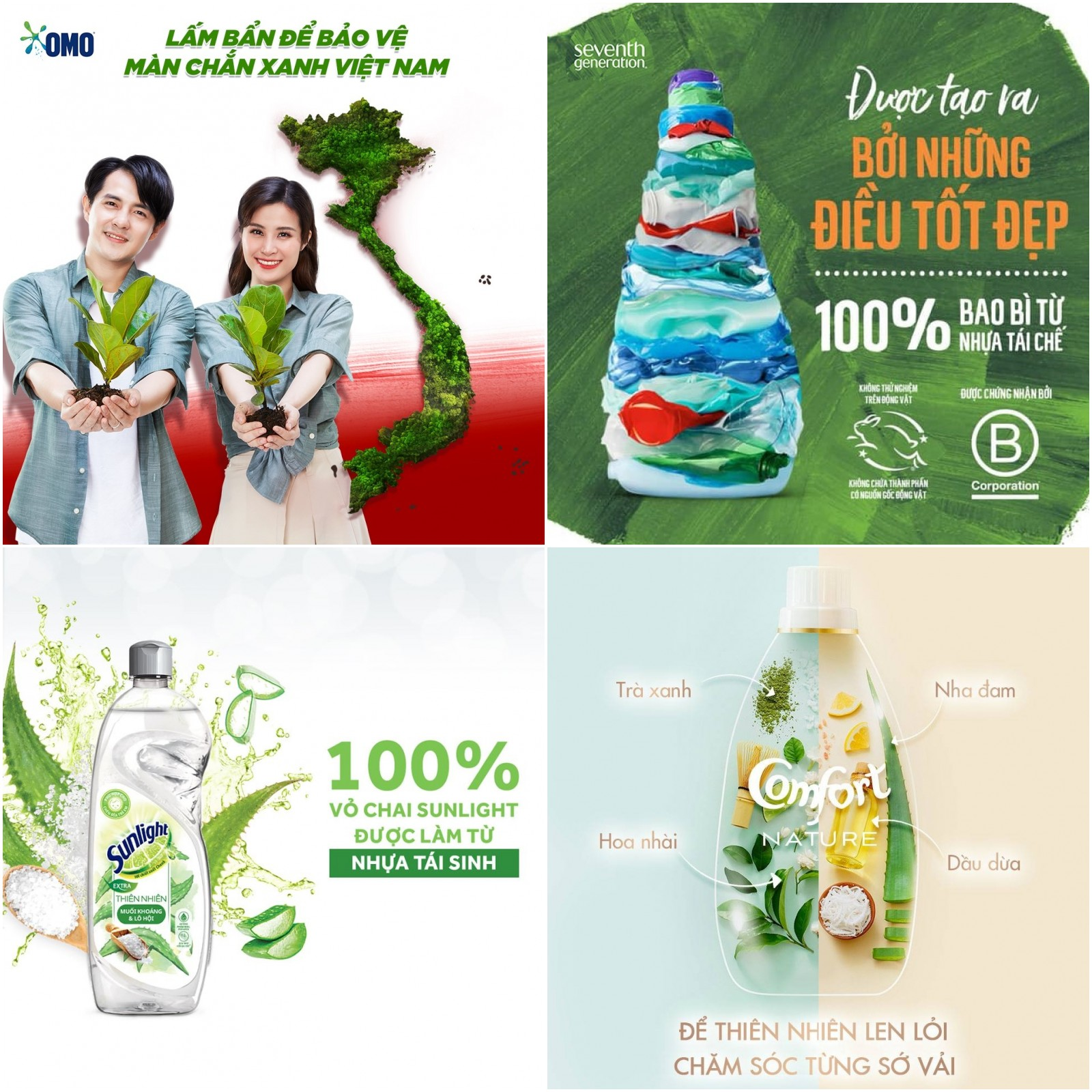Unilever to eliminate fossil fuels in cleaning products by 2030
 |
| Unilever to eliminate fossil fuels in cleaning products by 2030 as part of €1 billion ($1.17 billion) Clean Future investment |
This new ambition is a core component of Unilever’s "Clean Future", a ground-breaking innovation programme designed by the company’s Home Care division to fundamentally change the way that some of the world’s most well-known cleaning and laundry products are created, manufactured, and packaged. Clean Future is unique in its intent to embed the circular economy principles into both packaging and product formulations at the scale of global brands to reduce their carbon footprint.
Most cleaning and laundry products available today contain chemicals made from fossil fuel feedstocks, a non-renewable source of carbon. Unilever’s move to renewable or recycled sources of carbon for these chemicals is a deliberate shift away from the fossil fuel economy. The first initiative of its scale, Clean Future is a critical step towards Unilever’s pledge of net zero emissions from its products by 2039.
The chemicals used in Unilever’s cleaning and laundry products make up the greatest proportion of their carbon footprint (46 per cent) across their life cycle. Therefore, by transitioning away from fossil fuel-derived chemicals in product formulations, the company will unlock novel ways of reducing the carbon footprint of some of the world’s biggest cleaning and laundry brands. Unilever expects this initiative alone to reduce the carbon footprint of the product formulations by up to 20 per cent.
Peter ter Kulve, Unilever’s president of Home Care, explains: “Clean Future is our vision to radically overhaul our business. As an industry, we must break our dependence on fossil fuels, including as a raw material for our products. We must stop pumping carbon from under the ground when there is ample carbon on and above the ground if we can learn to utilise it at scale.”
“We’ve seen unprecedented demand for our cleaning products in recent months and we are incredibly proud to play our part, helping to keep people safe in the fight against COVID-19. But that should not be a reason for complacency. We cannot let ourselves become distracted from the environmental crises that our world – our home – is facing: pollution, destruction of natural habitats, the climate emergency. This is the home we share, and we have a responsibility to protect it.”
 |
Unilever is ring-fencing €1 billion ($1.17 billion) for Clean Future to finance biotechnology research, CO2 and waste utilisation, and low-carbon chemistry – which will drive the transition away from fossil fuel-derived chemicals. This investment will also be used to create biodegradable and water-efficient product formulations to halve the use of virgin plastic by 2025, and support the development of brand communications that make these technologies appealing to consumers. The Clean Future investment, which is additional to Unilever’s new €1 billion "Climate and Nature fund", is focused on creating affordable cleaning and laundry products that deliver superior cleaning results with a significantly lower environmental impact.
Clean Future already supports industry-leading projects around the world to transform how the chemicals in Unilever’s cleaning and laundry products are made. In Slovakia, for instance, Unilever is partnering with biotechnology leader Evonik Industries to develop the production of rhamnolipids, renewable and biodegradable surfactant which is already used in its Sunlight dishwashing liquid in Chile and Vietnam.
The carbon rainbow
Central to Clean Future is Unilever’s "Carbon Rainbow", a novel approach to diversify the carbon used in its product formulations. Non-renewable, fossil sources of carbon (identified in the Carbon Rainbow as black carbon) will be replaced using captured CO2 (purple carbon), plants and biological sources (green carbon), marine sources such as algae (blue carbon), and carbon recovered from waste materials (grey carbon).
Tanya Steele, chief executive of WWF UK says, “The world must shift away from fossil fuels towards renewable resources that reduce pressure on our fragile ecosystems and that help to restore nature. These significant commitments from Unilever, combined with strong sustainable sourcing, have real potential to make an important contribution as we transition to an economy that works with nature, not against it.”
What the stars mean:
★ Poor ★ ★ Promising ★★★ Good ★★★★ Very good ★★★★★ Exceptional
Related Contents
Latest News
More News
- Bac Ai hydropower works stay on track despite holiday period (January 16, 2026 | 16:19)
- Fugro extends MoU with PTSC G&S to support offshore wind growth (January 14, 2026 | 15:59)
- Pacifico Energy starts commercial operations at Sunpro Wind Farm in Mekong Delta (January 12, 2026 | 14:01)
- Honda launches electric two-wheeler, expands charging infrastructure (January 12, 2026 | 14:00)
- Vietnam striving to ease air pollution (January 09, 2026 | 14:41)
- Petrovietnam Gas awards first multi‑year LNG deal to Shell (January 09, 2026 | 14:38)
- Advancing the net-zero journey: Carlsberg Vietnam’s sustainability progress in 2025 (January 09, 2026 | 09:49)
- The green hydrogen and ammonia future for Vietnam (January 06, 2026 | 15:03)
- Green transition to close $20 billion annual investment gap (December 31, 2025 | 11:59)
- Australia contributing to Vietnam’s climate change responses (December 30, 2025 | 11:37)

 Tag:
Tag:



























 Mobile Version
Mobile Version